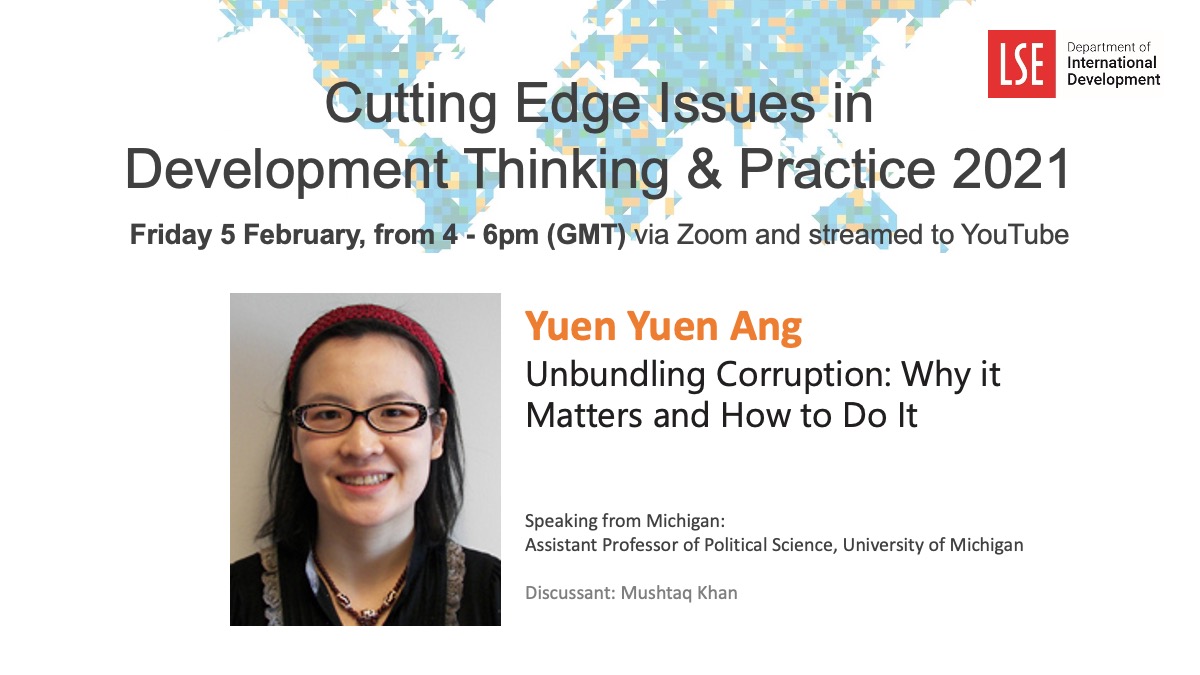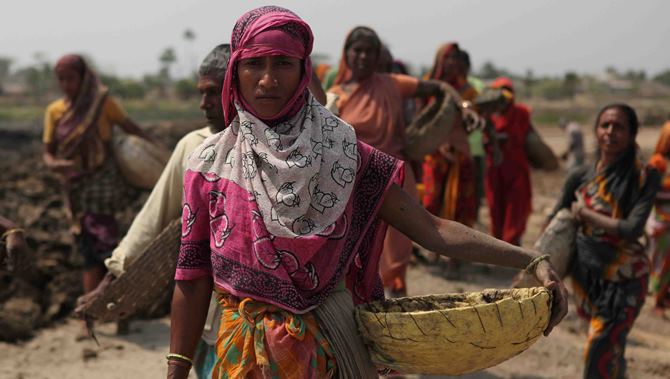The new academic year is just around the corner, so you may be wondering how to go about choosing your courses. Student Mentorship Ambassador, Unsia Hussain, shares some useful tips and also gives insights into the support she received from academics and study advisers here at LSE.
One of the toughest and confusing decisions to make as an LSE student is what courses to take. Everyone has a different approach when choosing their courses. While some people may select them based on areas of interest, others may choose them based on value in terms of dissertation topics, PhD research or even which particular industry they envision themselves working in after their studies.
I’m an MSc Development Studies student and I ended up choosing my courses based on my interests and the type of work I hope to be doing in the future. I’ve always wanted to work towards improving women’s livelihoods and increasing their access to resources in South Asia where this is a prevalent issue – especially in my home country, Pakistan. I also prefer qualitative study and don’t identify as a ‘numbers’ person. I enjoy critically evaluating articles and books and debating alternative arguments with other people.
I took the following courses:
- DV400 – Development: History, Theory and Policy (compulsory for my programme)
- DV410 – Dissertation (compulsory)
- GI409 – Gender, Globalization and Development: an introduction
- DV454 – Gender, labour markets and social change in the Global South: theory, evidence, public action
- DV457 – Sexual and reproductive health programmes: design, implementation, evaluation
- DV411 – Population and Development: an introduction
I chose my courses based on the following:
- Personal and Academic Interest:
I’ve generally had an interest in gender studies and examining persistent inequalities that women face in all realms, be it socially, in terms of their access to economic resources and labour market opportunities, or even how broader processes of globalization and capitalism have impacted them. However, I never really had a chance to take any gender courses before.
Based on this, GI409 and DV454 were a fitting choice. I also knew that I wanted to write my dissertation on a topic involving women, so choosing these courses was a great way to structure my ideas and also gain access to relevant academic material such as books, journal articles and so on, which really helped me brainstorm my topic. It’s a good idea to also look at individual course pages for a sample of reading lists and a general overview of what topics you’d be looking at throughout the year.
- Assessment Method:
Not everyone is an exam person, I know I’m definitely not! I’m a nervous wreck throughout the entire process, whether it’s revising for an exam, anticipating which questions/topics will come up, and eventually waiting for my results. I’d rather take my time completing a written essay/report and ensure that I’ve completed it to the best of my ability (this is also when my perfectionist tendencies kick in). So, another major factor in my course selection process was how the courses are assessed. Apart from my compulsory core course (DV400), only one of my courses was assessed 100% by exam (DV411). The remaining courses were assessed 100% by coursework, which worked well for me. Although some courses have a 50-50 split between coursework and exams, most of them lean more towards one than the other.
Here are some tips to keep in mind when selecting your courses:
- Many courses are capped, meaning only a certain number of people can take them. So, when selecting your courses, you may be asked to write a short statement explaining why you wish to take this course. Try to prepare for this in advance by having a few sentences ready explaining what you aim to gain from the course and why it would be of value to you. This may especially be the case if you’re selecting courses outside of the International Development Department.
- Look at ALL your options! There is a lot of flexibility available to ID students, both within and outside of our department. Options are available from Law, Anthropology, Public Policy, Gender Institute and many more.
- Check the timetable (available from mid-August for the 2019/20 session) to see when the lectures and seminars for your chosen courses happen, in order to avoid any clashes, and maybe get an extra hour of sleep in the morning by avoiding morning seminars.
- We’re all familiar with the academic pressure before joining LSE. So, to avoid putting ADDITIONAL pressure on yourself, check how people have performed on courses in the past. You can do so here (access available once you’ve set up your LSE IT account).
- Discuss, discuss, discuss! It really helps to talk to your friends and see what they’re choosing and how they decided their courses. I actually chose one of my courses after discussing options with a friend, and I ended up really enjoying it.
Academic Mentors and the “Open Door” Policy
You will also be assigned an academic mentor – think of them as your go-to person for the next 12 months. You can book appointments with them to discuss pretty much anything, whether it’s course choice, any academic issues you may be facing, and so on. The appointments usually range between 15-30 minutes depending on the academic. LSE also has an open-door policy, meaning that you can book appointments with academics from pretty much ANY department – this is really useful if you need a second opinion or guidance with a piece of coursework or dissertation advice. You can also book a one-to-one session with an LSE LIFE advisor – they’re able to provide feedback on academic assignments, time management, research and note-taking skills, and so on.
Unsia Hussain is a Student Ambassador in the Team Mentorship in the International Development Department. She is currently on the MSc Development Studies programme. Before coming to LSE, Unsia completed an undergraduate degree in Politics, Philosophy and Economics from the University of Reading.
Would you like to get in touch with a current student in the International Development Department? Join the facebook group for ID offer holders or send an email to intdev.mentors@lse.ac.uk!
The views expressed in this post are those of the author and in no way reflect those of the International Development LSE blog or the London School of Economics and Political Science.






